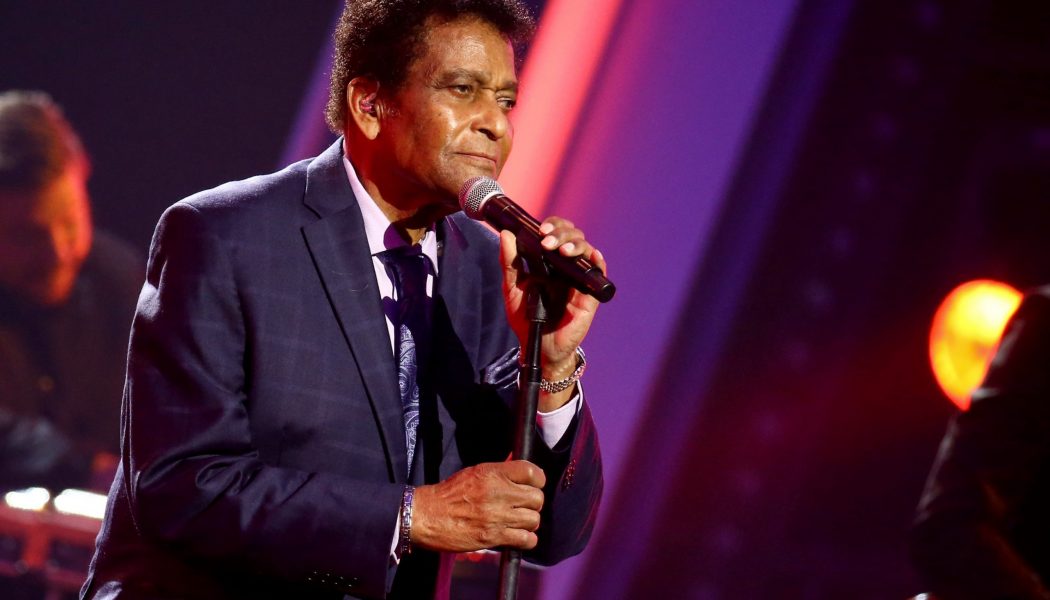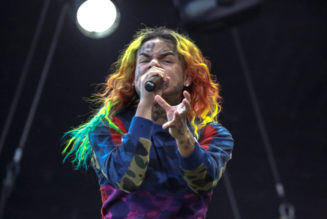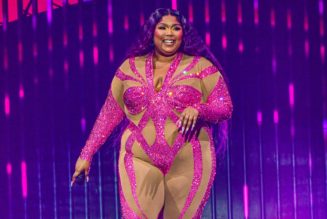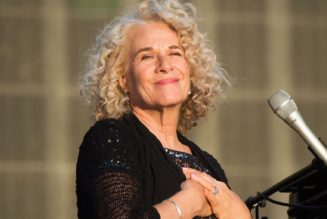
In 1966, Pride became the first Black artist to receive a Grammy nomination in a country category. His hit “Just Between You and Me” was nominated for best country and western vocal performance – male.
Pride received his first CMA nominations (entertainer of the year and male vocalist of the year) in 1968. Three years later, in 1971, he won in both categories. It goes without saying he was the first non-white artist to win in either category. In fact, he remains the only non-white artist to win in either category. But he opened doors and minds. It may or may not be a coincidence, but the year after won his groundbreaking entertainer of the year award, Loretta Lynn became the first woman to win in that marquee category.
Pride also received four CMA nominations for album of the year and three for single of the year.
In 1975, Pride became the first Black artist to host the CMA telecast. He co-hosted the show with Glen Campbell. He was the only Black artist to host the CMAs until last month, when Darius Rucker co-hosted with Reba McEntire.
In March 1971, at the first televised Grammy Awards, Pride received two first two Grammys — best sacred performance for “Did You Think to Pray” and best gospel performance (other than soul gospel) for “Let Me Live.”
A year later, Pride became the first Black artist to win a Grammy in a country category. He won for his album Charley Pride Sings Heart Songs.
In all the years since then, just four other Black artists have won Grammys in country categories: The Pointer Sisters (for “Fairytale”), Aaron Neville (for “I Fall to Pieces,” a collab with Trisha Yearwood), Rucker (for his smash “Wagon Wheel”) and Kevin Olusola of Pentatonix (for their version of “Jolene” featuring its composer, Parton).
(Mickey Guyton has a chance of joining this short list this year. She’s nominated for best country solo performance for “Black Like Me.”)
In February 1974, at the first American Music Awards ceremony, Pride won two awards — favorite country male artist and favorite country album for A Sunshiny Day with Charley Pride. He won favorite country male artist again three years later.
In 1993, Pride became the second Black artist to be inducted into the Grand Ole Opry. The first was DeFord Bailey, way back in 1926. (In 2012, Rucker became the third Black artist to achieve this milestone.)
Pride has received numerous honorary awards in the past three decades. In 1993, he received the Pioneer Award from the Academy of Country Music. In 2000, he was inducted into the Country Music Hall of Fame. In 2017, he received a lifetime achievement award from the Recording Academy. And, as noted, he received the Willie Nelson lifetime achievement award from the CMA in November.
Rucker wrote a heartfelt tribute to Pride that appeared in the Grammy program book when Pride received the Recording Academy honor. “Charley Pride has accomplished so much in country music, and he did it at a time when the world was a lot different than it is now,” Rucker noted.
“Growing up as an African-American kid, I was inspired by watching Charley Pride do something that everybody — white or black — told him was not supposed to do by having a hugely successful career in country music, and doing it with class.”
Pride received his first ACM nominations in 1969. Surprisingly, he didn’t win an ACM Award until fairly late in the game. In 1993, he received the aforementioned Pioneer Award. In 2016, he shared in the award for video of the year as one of 30 artists invited to appear in the “Forever Country” video.
It’s surprising, and disappointing, that Pride didn’t receive a Kennedy Center Honor — and now likely never will. (That organization rarely gives awards posthumously.)
Many artists have paid tribute to Pride in the wake of his death. His fans also include the heads of two of the top awards organizations.
“Charley Pride is the epitome of a trailblazer,” Sarah Trahern, CEO of the CMA said two months ago when he was announced as the recipient of the Willie Nelson lifetime achievement award. “Few other artists have grown country music’s rich heritage and led to the advancement of country music around the world like Charley. His distinctive voice has created a timeless legacy that continues to echo through the country community today.”
Harvey Mason Jr., chair and interim president/CEO of the Recording Academy, had equally warm words soon after Pride’s death was announced. “Music is about breaking barriers. As one of the first Black superstars in country music, Charley Pride did just that. … Pride inspired artists and paved the way for so many in the industry,” he said. “He’ll be sorely missed, but we are grateful for the remarkable legacy he leaves behind.”










